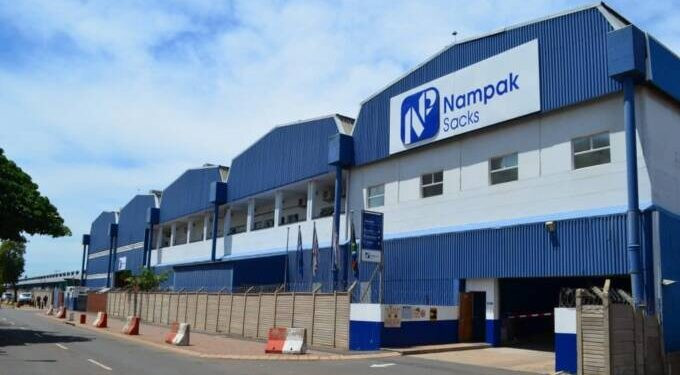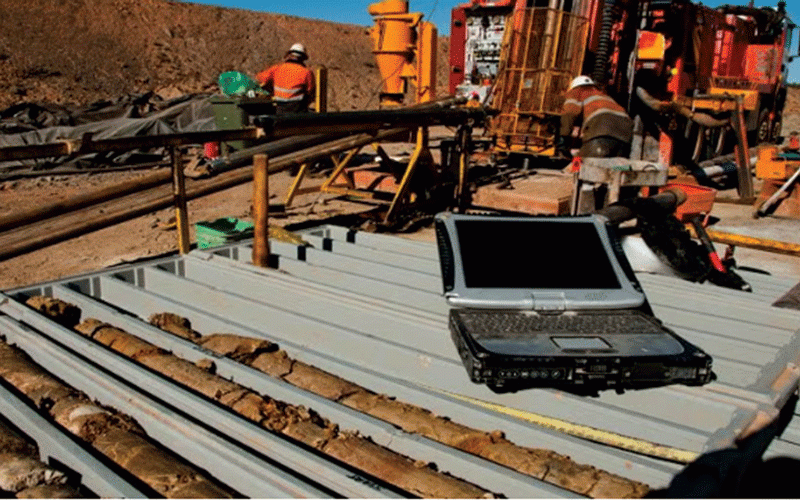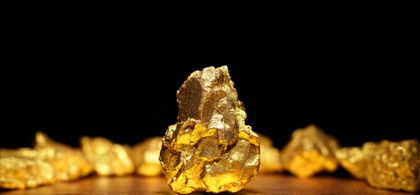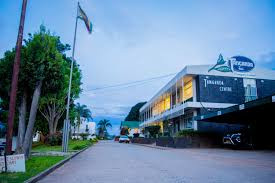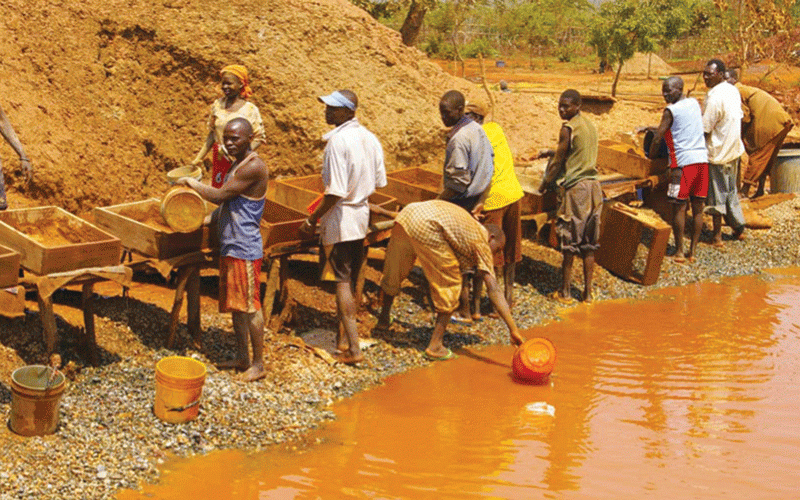
THE Southern Africa Resource Watch (SARW) has partnered Great Zimbabwe University alongside two other universities to redefine mining sustainability through action research and community empowerment.
The other universities in the programme are Copperbelt University in Zambia and Université de Lubumbashi in the Democratic Republic of Congo.
The mining sector is one of the country’s largest foreign currency earners.
“We will not rest until the low-carbon economy powered by critical minerals fully benefits the continent and its people,” SARW executive director Claude Kabemba said in a statement last week.
The collaboration focuses on mining-impacted regions, including Kolwezi in the DRC, a hub for cobalt and copper; Solwezi in Zambia, known for its copper mining; and Bikita in Zimbabwe, home to significant lithium deposits.
At the heart of this initiative is the creation of a Sustainability Atlas, a comprehensive tool designed to go beyond mapping mineral resources to evaluate the social, environmental and biodiversity impacts of mining activities.
“Our Sustainability Atlas will not just show where critical minerals and processing facilities are found but the impact of mining on society, the environment and biodiversity, identifying all actors and initiatives across value chains,” Kabemba said.
“You need to stay put for some evidence-based sustainability reporting that will disclose the true story of what is happening as a result of the new scramble for critical minerals in Africa. Is the rush changing the way mining has always been done, or is it a perpetual continuation of the same story of extractivism that has earned Africa the badge of resource curse or paradox of plenty?”
- Society must change its negative perception on disability
- Entertainment galore as showbiz regains its spark
- DeMbare coach demands consistency
- A Chinese miner’s response to the raging investment question
Keep Reading
The Sustainability Atlas will be integrated with SARW’s Africa Accountability Mining Platform, set to launch on February 2 during the Alternative Mining Indaba in Cape Town, South Africa.
Experts say the platform will enhance transparency and accountability in the mining sector by providing evidence-based reporting to uncover the true narratives behind Africa’s mineral wealth.
As global demand for critical minerals continues to surge, SARW’s efforts mark a pivotal step in reshaping the narrative of Africa’s mining sector, one that prioritises sustainability, transparency and community empowerment over exploitative practices, experts say.



